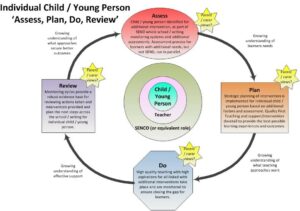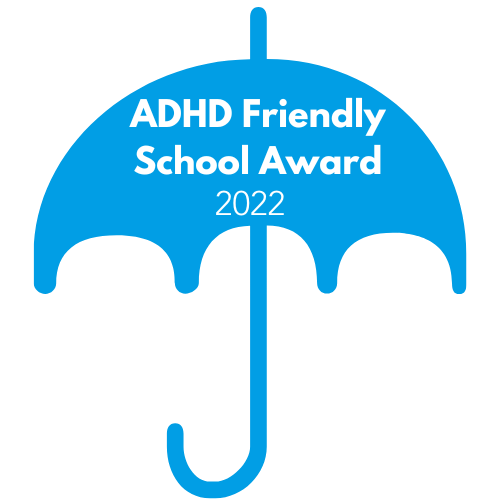Inclusion & SEND –
Important documents and policies
Click on the links below to open the documents and policies:
SEND at NWLJDS:
NWLJDS policies:
- NWLJDS SEND POLICY SEPTEMBER 2023
- Accessibility Plan – September 2022-2025
- Supporting Pupils at School with Medical Conditions
Brent Local Authority Documents:
Brent Graduated Approach Framework (GAF):
As a Brent school, we follow the Brent GAF which highlights the three different waves of SEND support. This is summarised below:
Wave 1/Universal – all children:
-
- Quality First Teaching by Class teachers
- access to multi-sensory resources
- opportunities for small group and individual support
- on-going assessment to monitor progress and attainment
Wave 2/Targeted – some children:
-
- Small group or 1:1 intervention delivered by teacher/LSA focusing on areas of need or gaps in learning
- additional support at lunchtimes through a range of lunchtime opportunities
- additional equipment as needed (e.g. pencil grips, sensory resources, ear defenders, technology
Wave 3/Specialist – few children:
-
- Timetabled access to speech and language, occupational therapy, physiotherapy – as directed by outside agencies
- individual timetable of support
- access to more specialist equipment
Needs and ongoing assessment of SEND
Class teachers will monitor, observe and record concerns and discuss these with the SENCOs. There will be regular dialogue between the teaching team and the SENCOs, and parents and the child’s view (where appropriate) is always taken into account.
“Assess, Plan, Do, Review” (APDR) cycle
The APDR cycle is a good way to plan SEN support. It is also called the “graduated approach”. The views of the child and their family is prioritised and given careful consideration during the cycle. The APDR cycle can be repeated as many times as needed to help the child progress.

EHCP
In exceptional circumstances, and after substantial evidence collecting, the school can request an assessment for an Educational Health and Care Plan (EHCP) for a child from the Local Authority. This can usually only happen after following the APDR cycle a number of times, and showing evidence that despite exhausting all resources and specialist intervention, the pupil is still making insufficient progress in their learning. The SENCOs support the parents through this process.
For further support, please contact Danielle Stone and Madeleine Bendell at ecm@nwljds.org.uk





